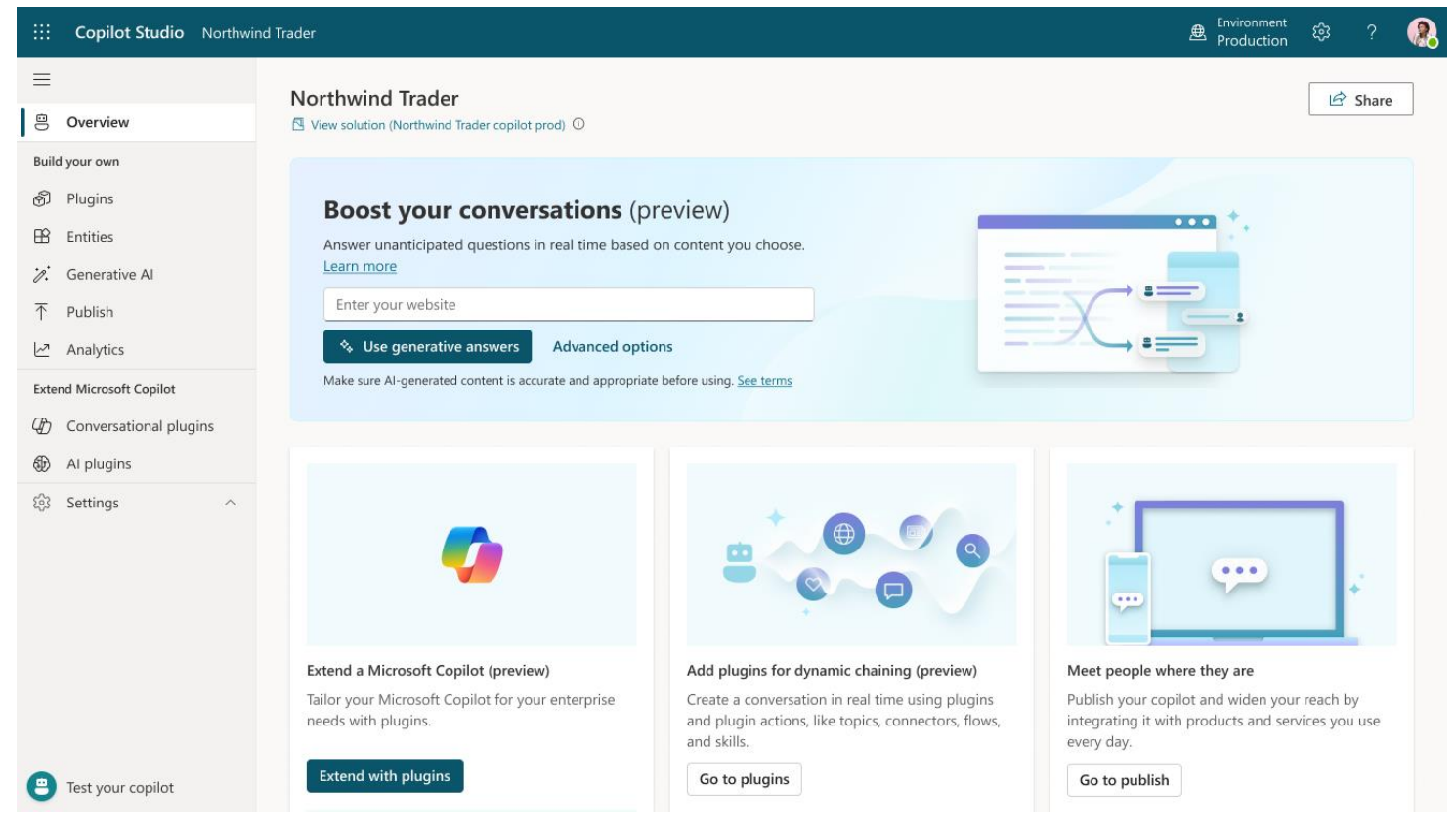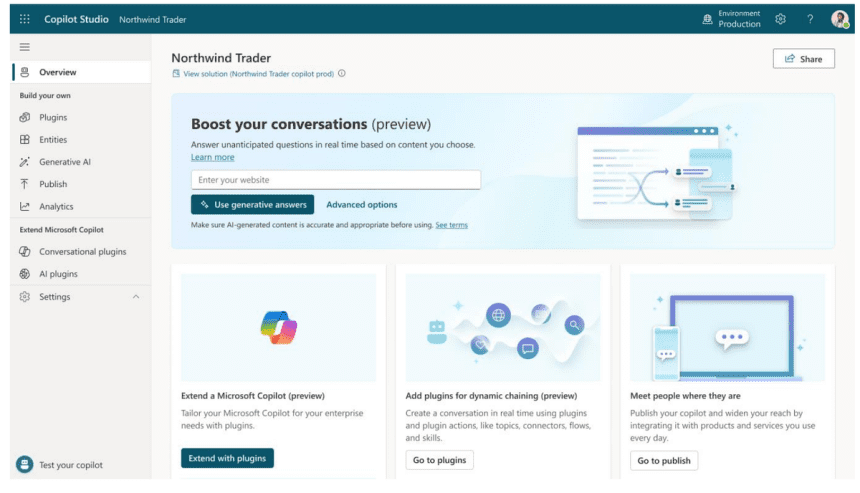
A significant security flaw has been uncovered within Microsoft’s Copilot Studio, representing a serious threat to sensitive internal information. This vulnerability, classified as a server-side request forgery (SSRF), enables unauthorized incursions into the internal system, which may affect numerous users across different platforms.
The vulnerability exposed by Tenable’s Research Team results from inadequate management of redirect status codes in user-defined actions, granting attackers the capability to manipulate HTTP requests effectively.
This issue is listed under CVE-2024-38206 and carries a CVSS score of 8.5, marking it as critically severe. Microsoft has confirmed that this vulnerability was addressed on July 31, 2024; hence no further action is needed from the users’ end.
Impact of Server-Side Request Forgery in Cloud Environments
The SSRF vulnerability identified in Copilot Studio arises when an application is exploited to perform server-based HTTP requests towards unintended endpoints or locations. Such manipulation can serve as a gateway for unauthorized access to protected internal resources. Essentially, attackers could leverage this weakness to send requests through the application funneling sensitive information.
In this instance with Copilot Studio, an attacker might exploit the SSRF flaw to reach Microsoft’s Instance Metadata Service (IMDS). A frequent target for SSRF assaults within cloud infrastructures, IMDS potentially reveals critical details such as managed identity access tokens—keys that could offer deeper entry into shared resources like databases.
For example, gaining illicit access to Cosmos DB—which houses confidential information—could severely undermine data integrity and confidentiality. This risk could lead not only to more extensive security breaches but also facilitate massive data leaks impacting multiple clientele simultaneously.
This discovery aligns with previous findings by Tenable concerning vulnerabilities across various Microsoft services including Azure Health Bot service and architectural flaws found in Azure API Management services. The recurring nature indicates an alarming trend regarding the security measures associated with Microsoft’s expanding cloud services amidst fierce competition within the industry.
“In cloud applications context,” states Jimi Sebree, senior staff research engineer at Tenable,” Instance Metadata Service (IMDS) commonly becomes a focal point due its potential disclosures of sensitive attack-relevant information depending on the cloud platform used.” He added that “the retrieval of managed identity access tokens required merely exploiting Copilot Studio without needing any additional contextual knowledge.”
“As observed in some earlier vulnerabilities reported by our team,” Sebree stated at last,” this incident highlights how rapid development cycles can lead companies into making oversights while striving for first-mover advantages in burgeoning markets.”
Further Insights from TechRadar Pro
- A deep dive into top AI tools and elite AI writers available today
- An intricate new phishing campaign targeting U.S. government contractors
- A review showcasing our choices for top-rated firewalls on offer today






